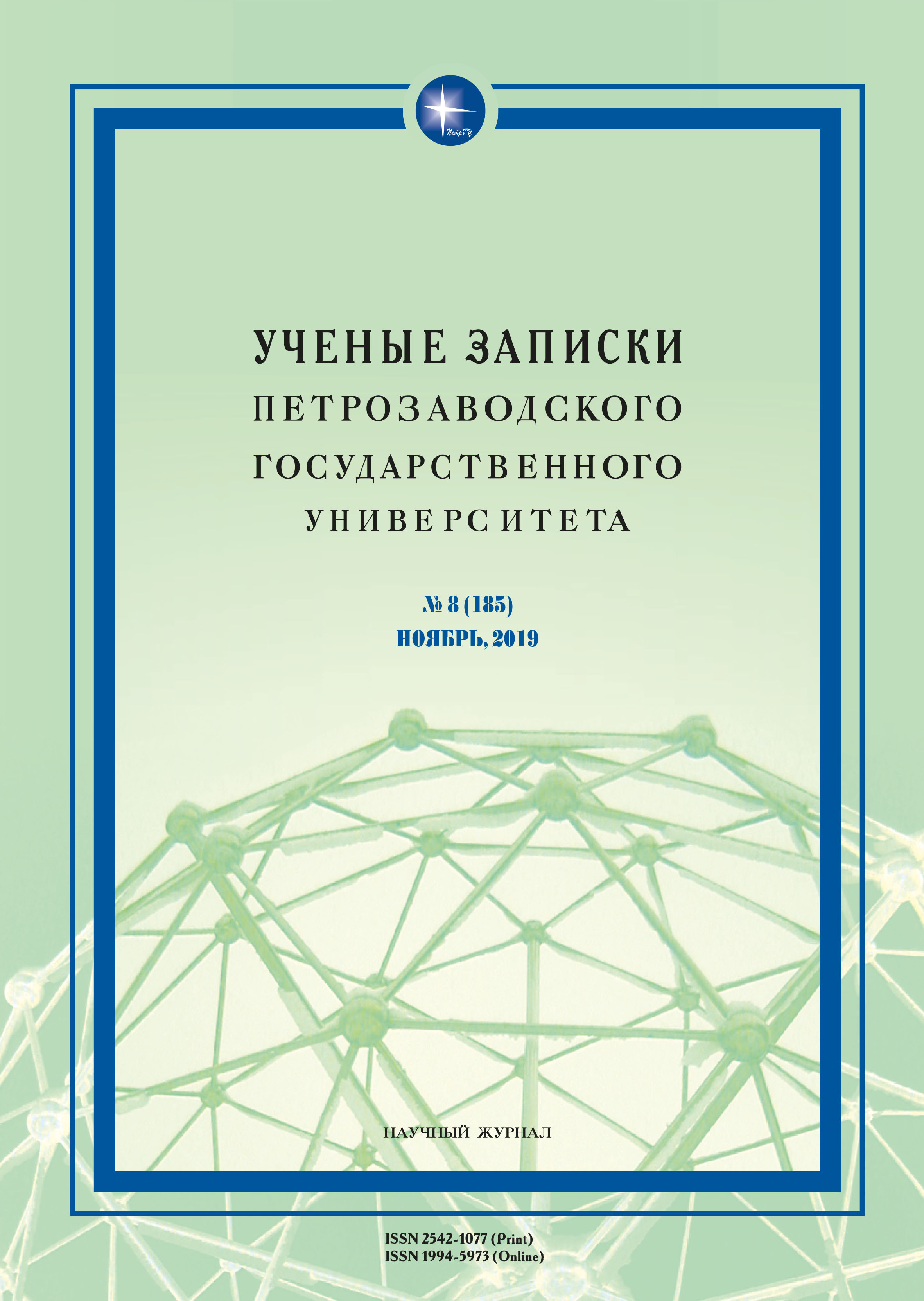CОЗДАНИЕ И РЕКОНСТРУКЦИЯ ОБЩНОСТИ: СЛУЧАЙ СПЕЦПЕРЕСЕЛЕНЦЕВ
CREATION AND RECONSTRUCTION OF COMMUNITY: THE CASE OF SPECIAL SETTLERS
Author(s): Irina Alekseevna RazumovaSubject(s): History, Cultural history, Economic history, Social history
Published by: Петрозаводский государственный университет
Keywords: special settlers; identification; community; social anthropology
Summary/Abstract: The article deals with the problem of identifying so-called “forced settlers” of “special settlers” as a community in different periods.The aim was to find out how people who associate themselves with this historical category define the criteria of community, and howthese criteria relate to the official identifiers. The memories of former special settlers brought to the Kola Peninsula in 1929–1930and their descendants were used as material for the research. Officially forced settlers were primarily classified as “wealthy peasants”or “kulaks”, and since the mid-1940s – as “special settlers” or “former kulaks”. Revitalization of the “special settlers” community isdue to the nature of the rehabilitation process and the change of ideological orientations during the late 1980s and the early 1990s.Social and cultural markers of “special settlers” became more important with the loss of the former official identifiers. At the sametime, there was formed a narrative for a new category – “victims of political repression”. “Special settlers” were included into thiscategory together with other groups of the repressed people, but they did not lose their distinctiveness. Their sense and awareness ofcommunity are based on the historical determinant, “peasant roots”, a set of moral properties, and on the same life trajectory associatedwith the circumstances of their resettlement. Currently, this community is mainly hereditary and commemorative. Special settlersand their descendants can still rely on large-scale official memorial projects and lay claim to legal material compensation. Theyare guided by the imperatives of “law” and “justice”, and once again find themselves in internal confrontation with the authorities,but on different grounds than in the Soviet era.
Journal: Ученые записки Петрозаводского государственного университета
- Issue Year: 2019
- Issue No: 8 (185)
- Page Range: 102-110
- Page Count: 9
- Language: Russian

